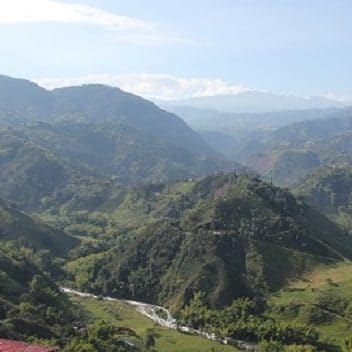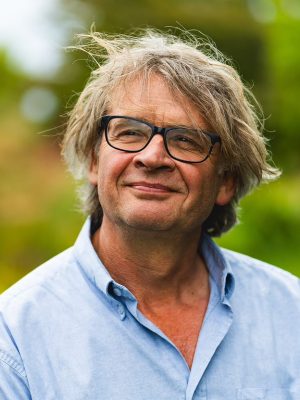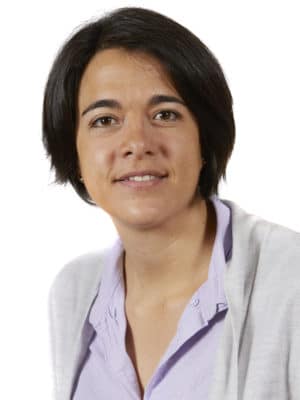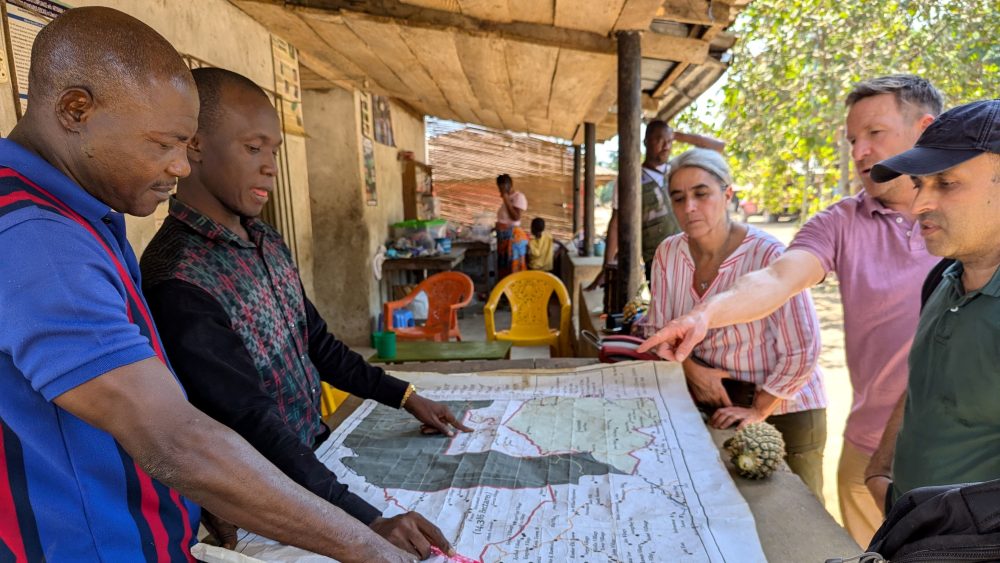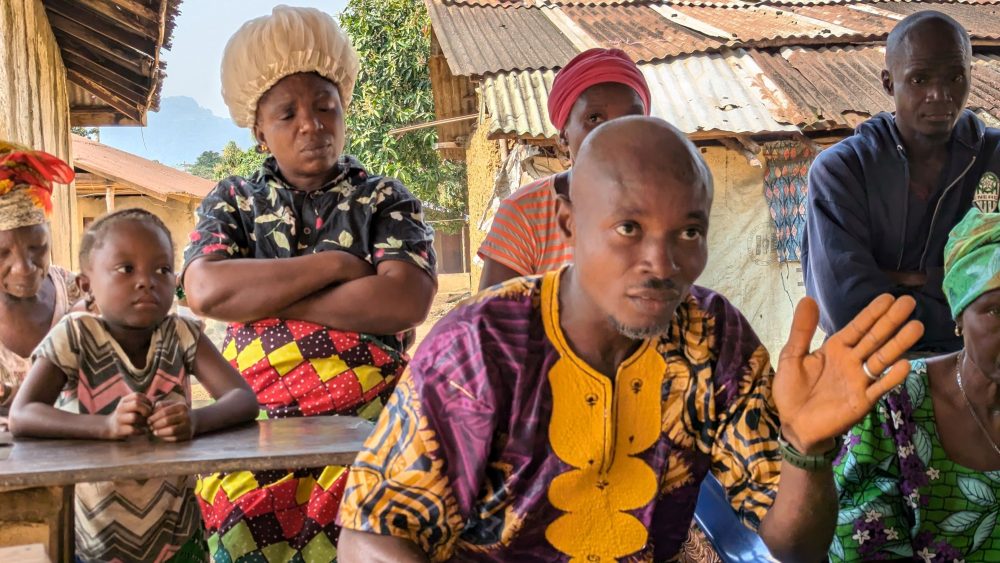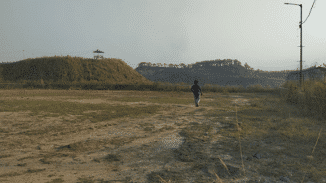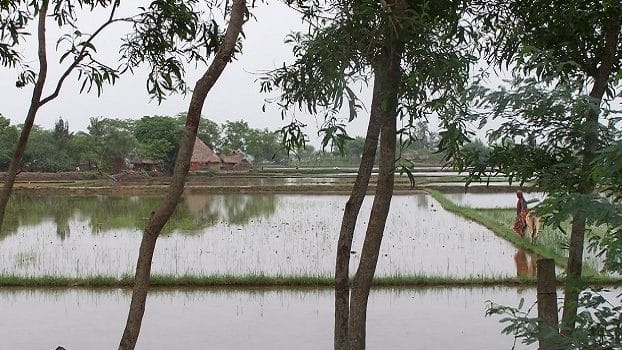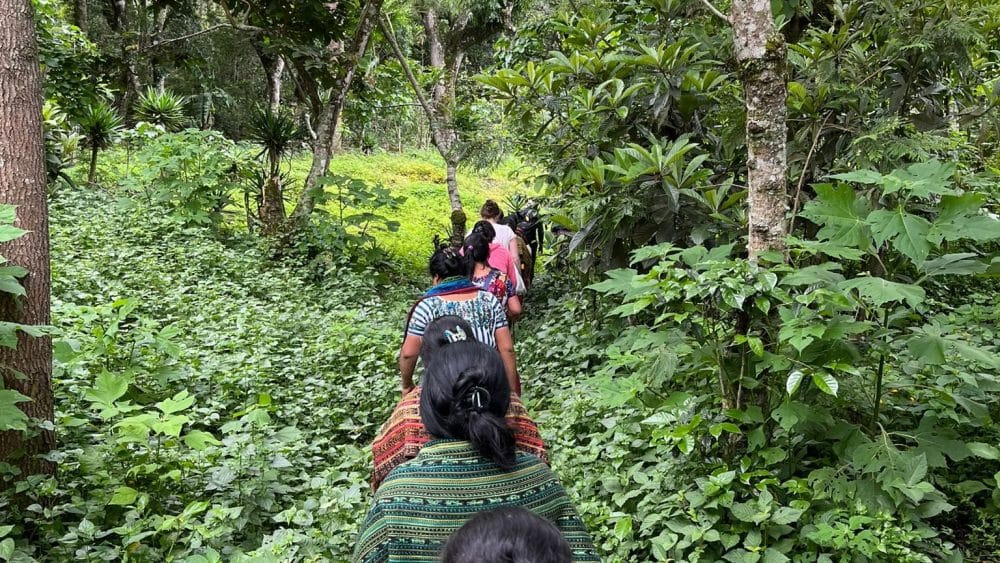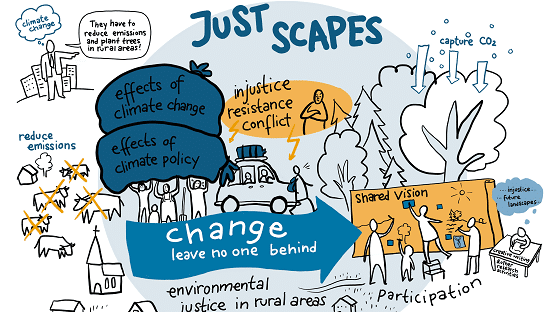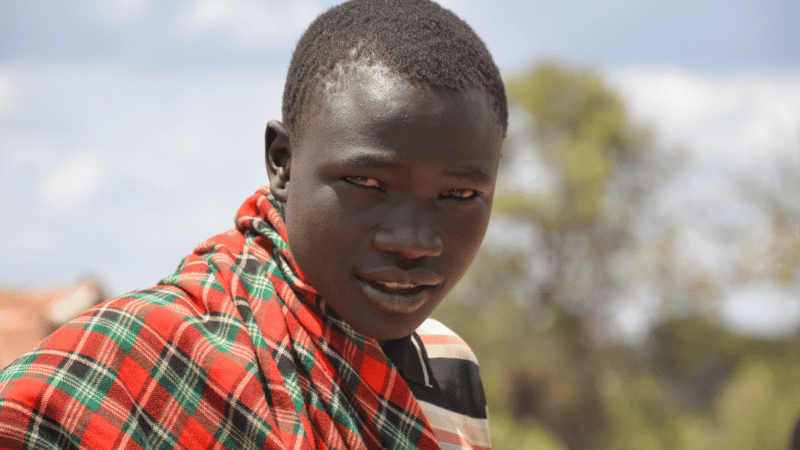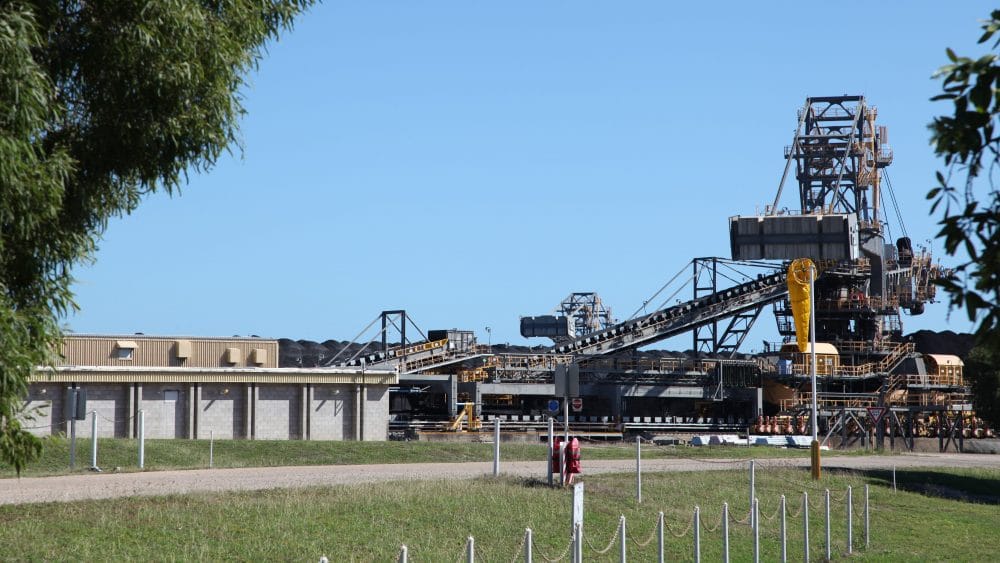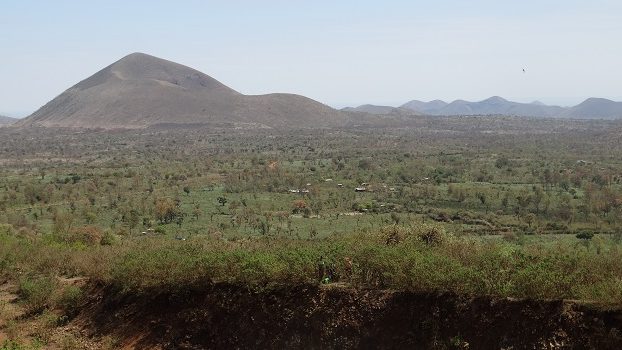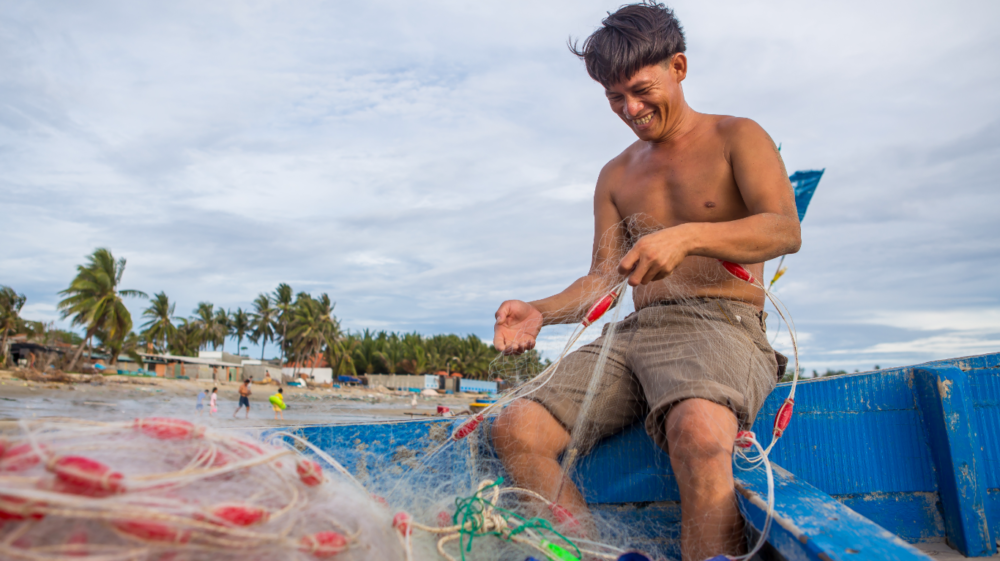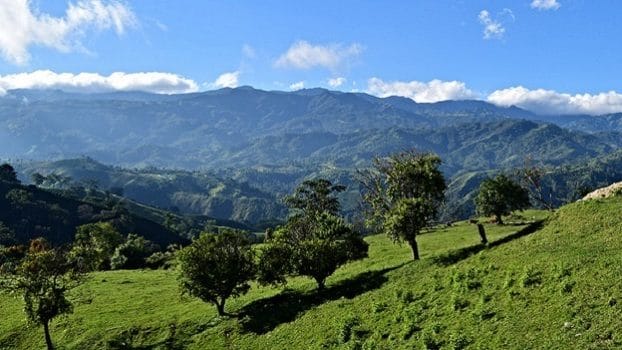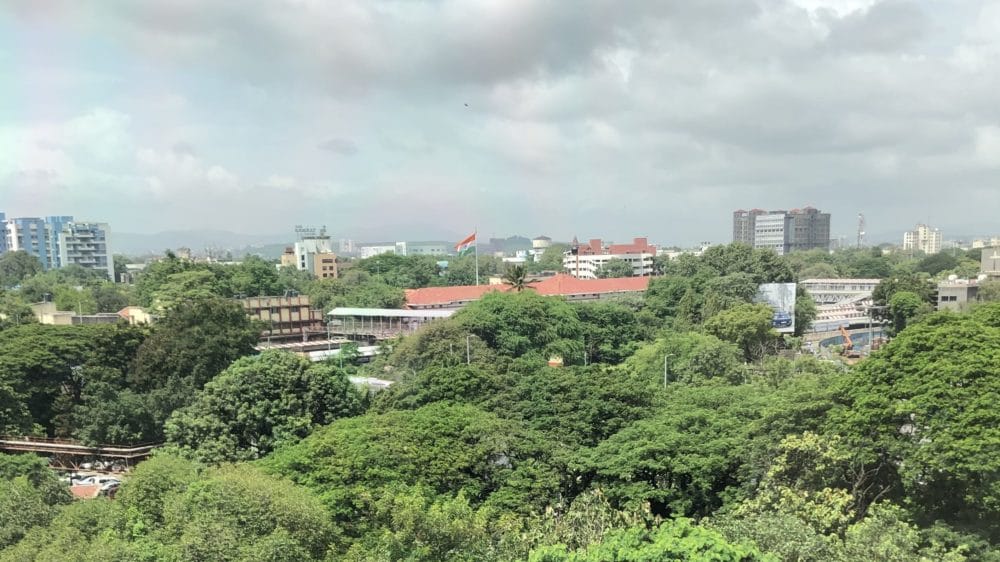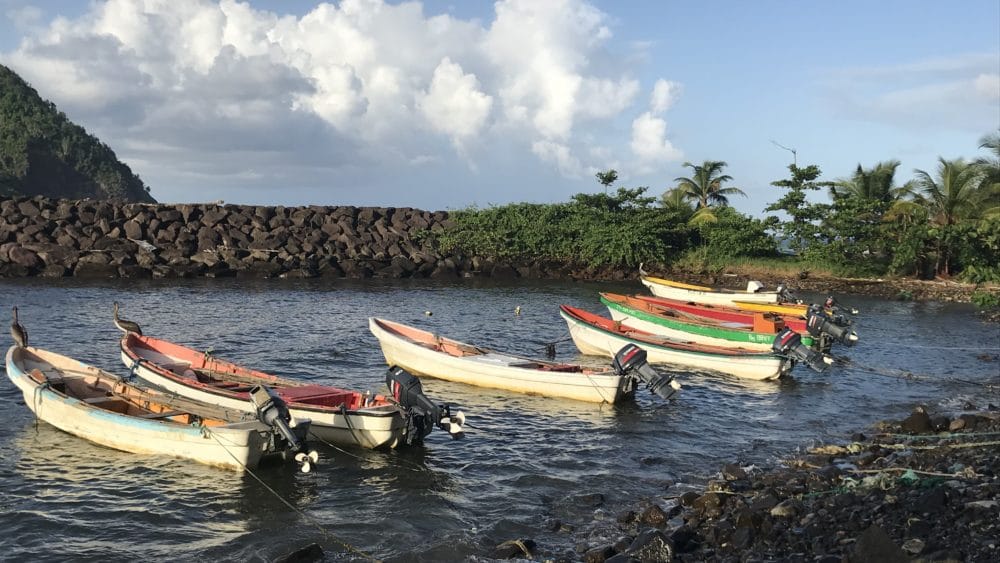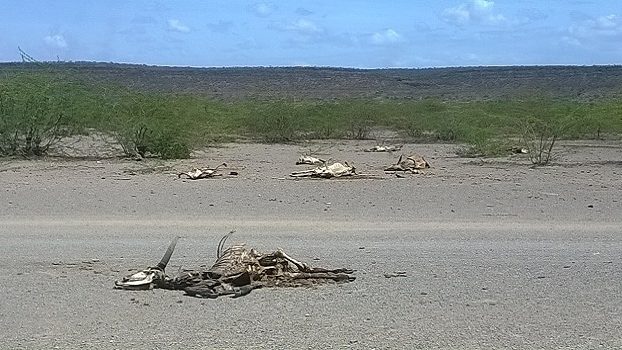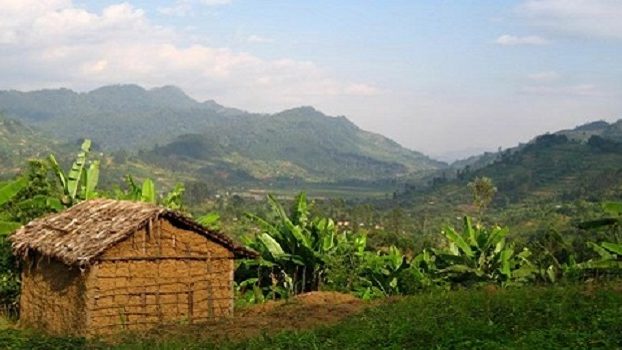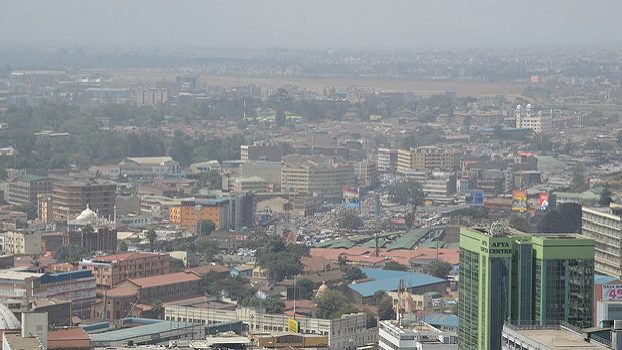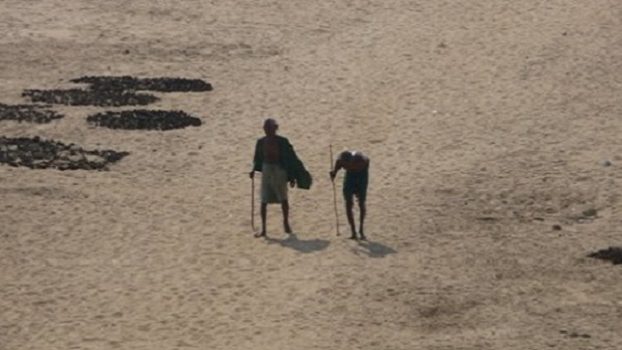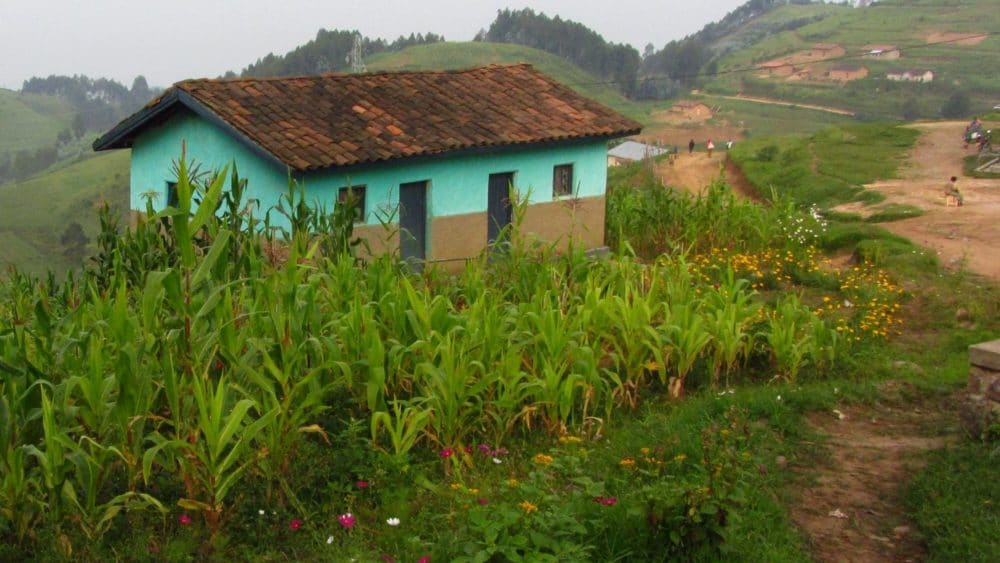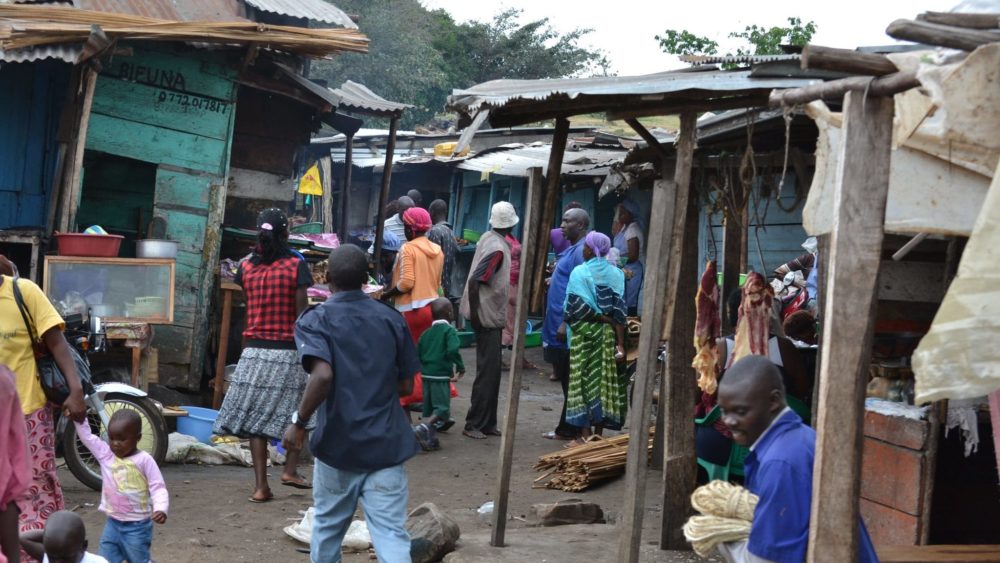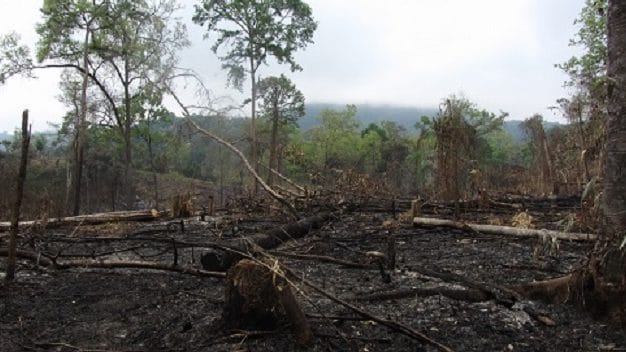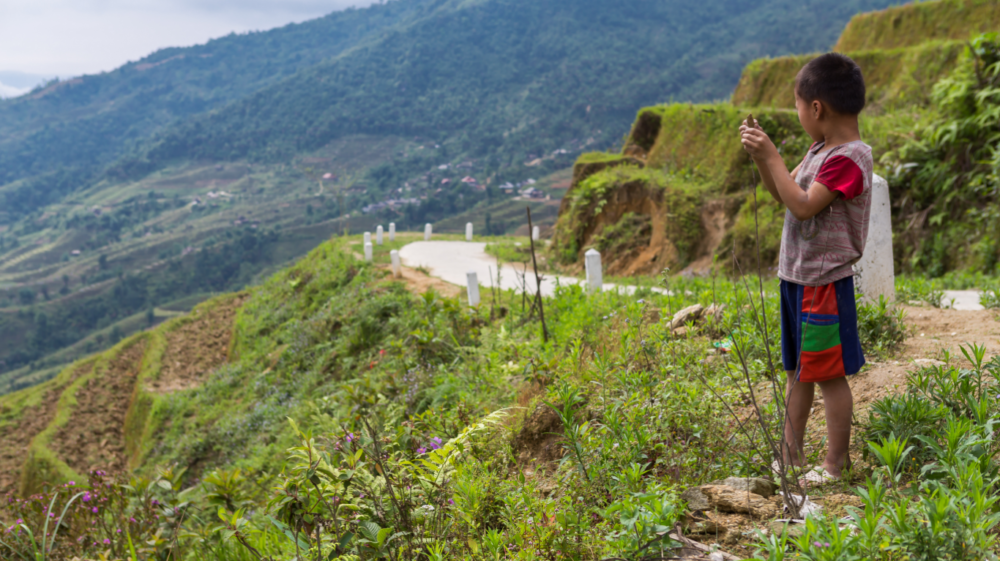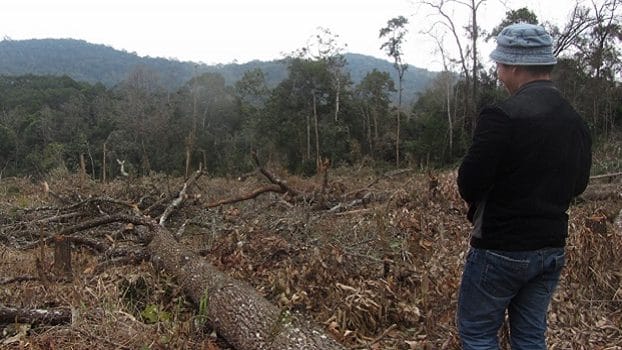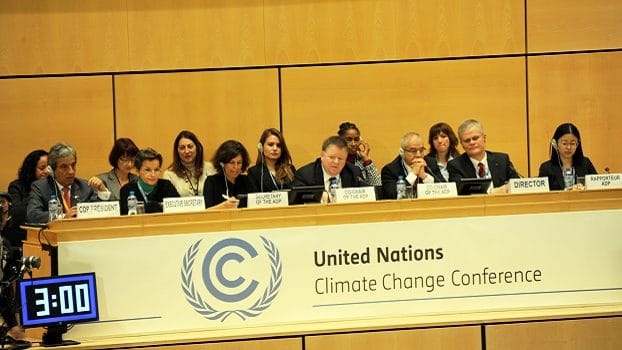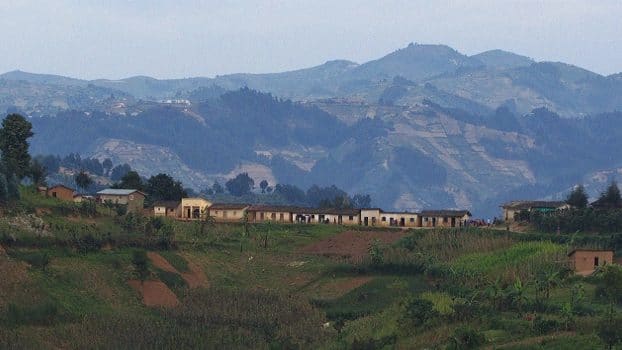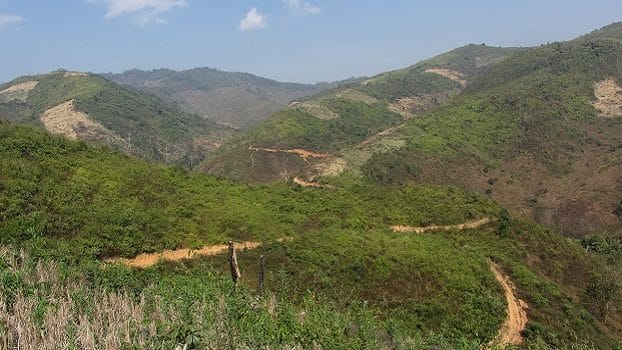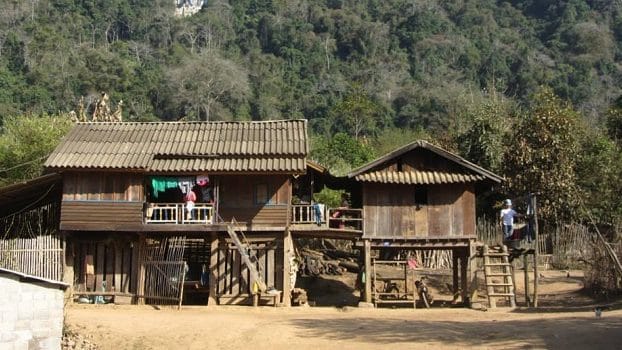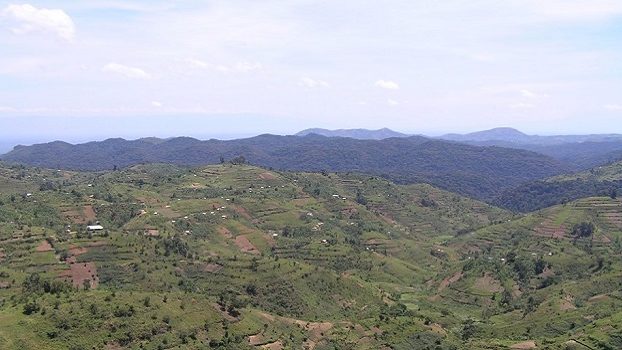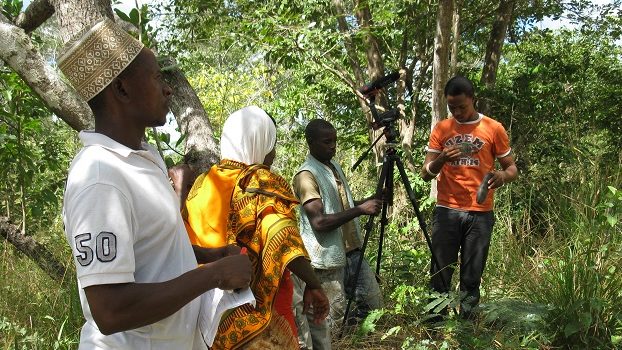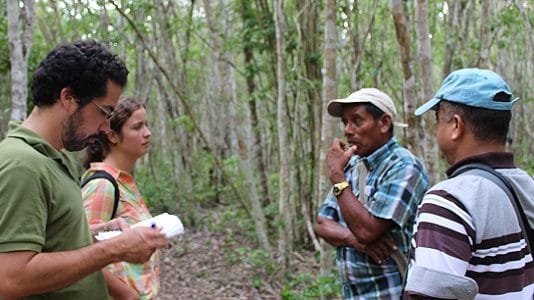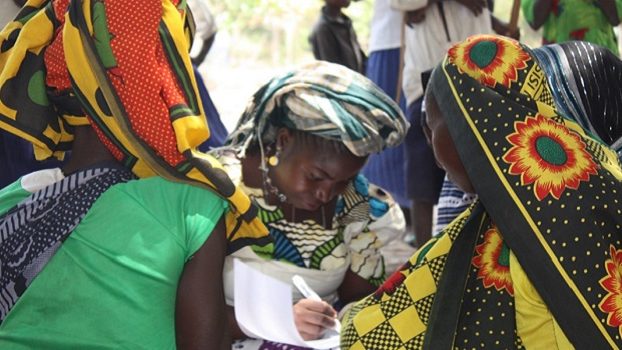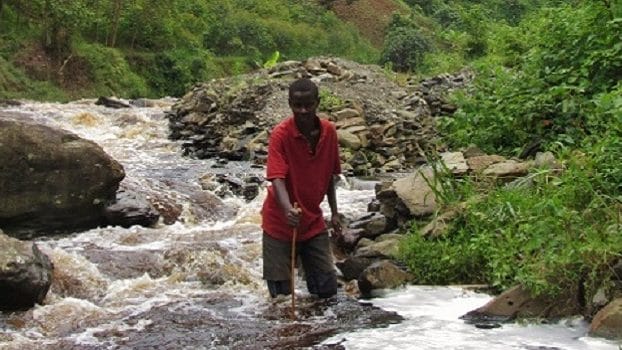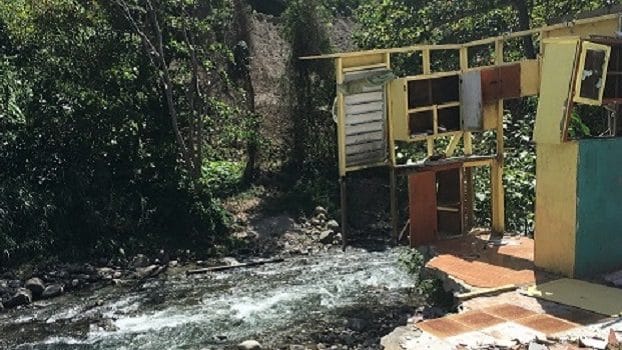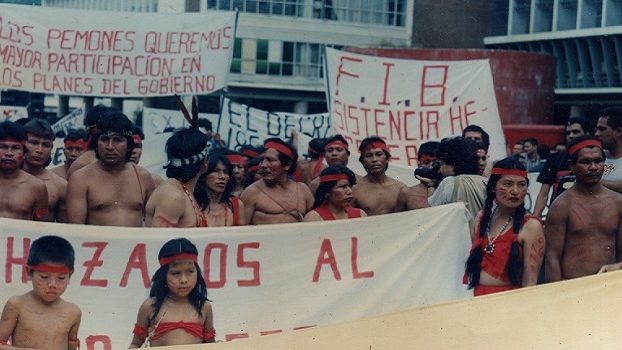The project focuses on a critical but under-researched theme in studies of forced displacement: the processes through which people forced from their homes by conflict can commonly become exposed to heightened risk from environmental hazards in the places where they resettle. Effectively, such people exchange one form of catastrophic risk for another, often with little real choice in the process. The collaborative project focuses on Colombia, where five decades of conflict have generated one of the world’s largest populations of internally displaced people. Colombia is also one of the countries most prone to natural hazards including landslides, floods, earthquakes and volcanic hazards. The project aims to deepen understanding of how and why the transition to new risk occurs, analyse how people perceive and respond to risk in their places of resettlement, and strengthen the capacity of both themselves and the agencies responsible for supporting them to manage the implications on their lives, livelihoods and wellbeing. The work with marginalised people, struggling to rebuild their lives in hazardous settings, often with limited resources, will have strong resonance for developing countries across the world where two forms of risk – conflict and disaster – commonly interact. Moreover, the signing in June 2016 of a ceasefire agreement in Colombia creates a window of opportunity that makes work to assist organisations to support the long-term wellbeing of conflict-displaced people particularly timely.
The research and engagement centres on four case studies, working with people displaced by conflict in urban and rural settings within the Departments of Caldas and Risaralda in west-central Colombia, and on the outskirts of Bogota in Cundinamarca. To understand how men and women experience forced displacement and relocation into areas prone to natural hazards in Colombia, and to explore innovative ways through which they could be incorporated into local processes of disaster risk reduction, this project uses an innovative combination of qualitative methods. Social science methods of interviews and life histories are merged with exploration of creative arts with study participants. The idea is that focusing on artistic expression, especially popular music which plays a special communicative role in Colombia, provides a window for us to build relations of trust and reach a deeper and richer understanding of the diversity of their experiences, vulnerabilities, perceptions and responses.
But this programme is not solely about research. A key objective of the project is to build capacity, not only amongst displaced people but also within the organisations responsible for supporting them and managing risk. Through a series of workshops in which musical and other forms of artistic expression are promoted, we facilitate use of creative arts to help people recognise their rights and develop their own capacities to reduce risk. Also present at these workshops are key partners in the risk management organisations, who benefit from the opportunity to explore new ways of working with marginalised displaced people. The idea is that this will encourage organisations that have struggled to include these communities in risk management systems to view them less as victims and beneficiaries, and more as active partners in reducing disaster risk. We are promoting this new way of working beyond the case study areas to the national scale of disaster risk governance and support for displaced people.
RESEARCH PARTNERS
School of Environmental Sciences (ENV), University of East Anglia
School of Politics, Philosophy, Language and Communication Studies (PPL), University of East Anglia
Department of Social Psychology, Universidad de Manizales, Colombia
Taller de Vida, Colombia
Unidad Nacional de Gestión de Riesgos de Desastres (National Unit for Disaster Risk Reduction – UNGRD), Colombia
Cruz Roja Colombiana (Colombia Red Cross)

